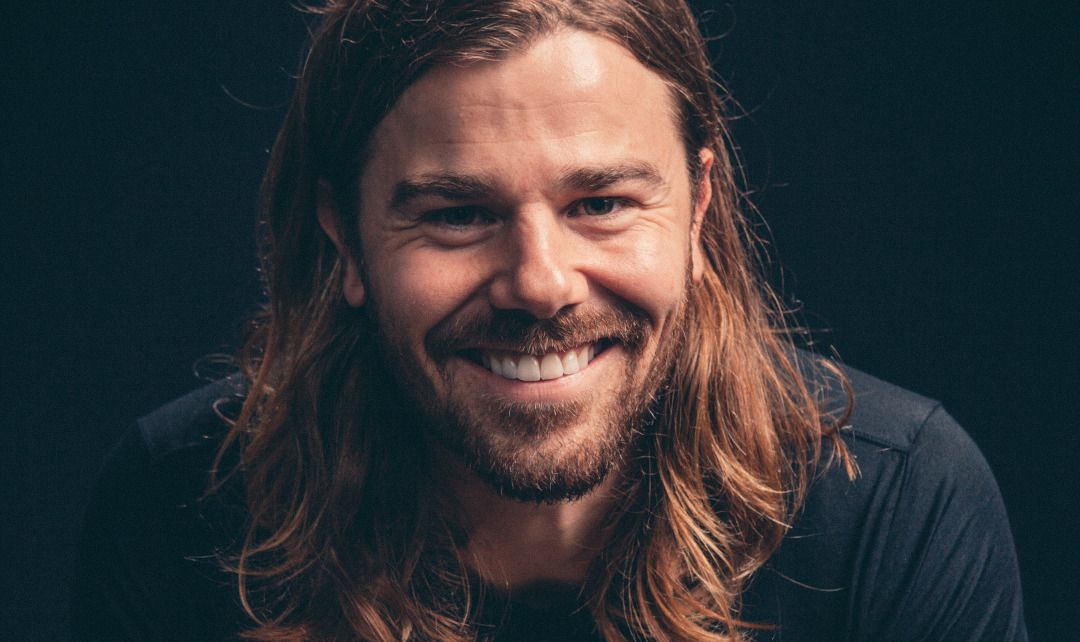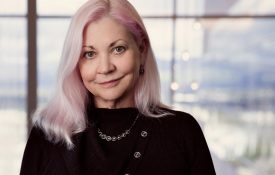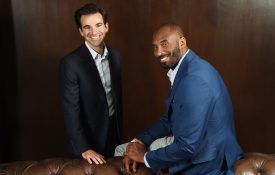Gravity Payments CEO Dan Price gained nationwide attention when he implemented a $70,000 minimum wage for his employees. At the time, fights over employee compensation were heating up amid wider talk about inequality. Price, who grew up in a conservative Christian family in rural Idaho and started more than 20 businesses in his youth before founding Gravity Payments, sat down with longtime CSQ ally Erik Huberman to talk about his management strategy, his career, and why he set that payment threshold.
BEFORE BEING A CEO, HE CAME FROM HUMBLE BEGINNINGS
Erik Huberman: You’ve become the icon of being an altruistic, good CEO to your people. I assume that at 3 or 4 years old, you weren’t standing on a podium in your backyard deciding that the One Percent needs to be taken down and we need to adjust how people are paid. I’d love to know where that started.
Dan Price: I have three older brothers and two younger siblings. I’m the fourth of six kids. I was born in Michigan, but we moved to Idaho when I was a little kid. I grew up in a homeschooling, conservative Christian family. I probably started maybe 15 or 20 businesses, including trading cards and worm farms, before I turned 12. My parents didn’t have college degrees, so they had to work hard.
The Origins of Gravity Payments
Huberman: Where did you get the idea to establish your business, Gravity Payments?
Price: When I was 16, I met Heather Hempel, who had a coffee shop in Caldwell, Idaho, called Moxie Java. She complained about how her credit card processing was unfair, how the fees were way too high and hidden. I decided to jump in and help Heather renegotiate her rates and get set up with a better provider.
All the horrible credit card processors consider themselves to be a monopoly, and they think that it’s their right to change prices and fees on any merchant anytime they want to. All the big banks have the same approach.
Huberman: So during junior and senior year of high school, you were able to cold call, recruit, and get 200 clients to work with you on that. Then you got into school and decided you wanted to move to Seattle.
The Life of a Teenage Entrepreneur
Huberman: What did you have to do to figure out the roles around a merchant processor and setting up a business? What were the barriers?
Price: My approach was, we build what we have to. But we would try to borrow from other companies and other solutions out there and then backfill when we could to get those other solutions engineered out. Over the long term, I also needed to convince a sponsor in the Visa/Mastercard club to sponsor me, which was hard for a 19-year-old with nothing.
I started building what became Gravity in 2001 with my older brother, Lucas. In early 2004, we hired our first employee. The way it would work was to get to about $2,000 to $3,000 in monthly profit just by hustling hard, and that would usually take several months, then we’d hire somebody. If we add 30 clients or 40 clients, we would hire another person. And then we would rinse and repeat.

Dan Price speaking in 2015. Image courtesy Gravity Payments.
Why the $70,000 Minimum Wage for Employees?
Price: In 2008, we got hit, and we lost, in what felt like overnight, 20% of our revenue. We were barely adding to our savings and breaking even.
I said to the team that there are two ways out of this. We could add fees to the merchants and the small businesses, which is what most of our competitors did. That’s the exact opposite of everything we stand for. No. 2 is to lay off some of our employees. But it just seemed wrong and counterintuitive and stupid.
Huberman: Where do you think that moral compass comes from? Is it from Bible studies or your parents?
Price: I don’t think I have much of a moral compass beyond what a regular person has because if you told a 5 or 6 or 7-year-old that set of facts and said to them what should we do, I don’t think they would pick the layoffs.
We had between doubling and tripling of people saving for retirement. We had 70% of the company report that they had paid down debt.
We have an employee named Rosita Barlow who still works at Gravity. At that time she turned down a job that paid twice what we were paying just to work with us, but to pay her bills, she also had to work at McDonald’s all night. End of 2011, I said we need to make employee pay our top priority, which is our biggest weakness.
The tipping point happened on a hike with a friend, Valerie, and she told me how her rent was going up by 200%, and she was struggling to make ends meet. I was just so pissed and so angry and frustrated at her boss, at the system, at everything. I realized that a third of the people working at Gravity Payments were making less than what she was making. She inspired me to implement the $70,000 minimum wage, and I announced it maybe three or four weeks later.
Did the “Crazy Experiment” Work?
Huberman: How long did it take before it went beyond just a crazy experiment?
Price: About five and a half years later, here’s the proof for people wondering if it worked. We went from having zero to two babies born per year. Every year at the company we never had less than zero obviously, but we never had more than two and in the last five and a half years. We’ve had 55 babies born or announced. We had between doubling and tripling of people saving for retirement. We had 70% of the company report that they had paid down debt.
Price’s Advice for Dream Chasers
Huberman: What’s next for you and your company?
Price: I was planning on doing a book tour before COVID, but I ended up canceling it because I’m working hard to recover from being down 55%. But I still released the book quietly. It’s called Worth It. It’s part of a larger strategy that I’m pursuing to try to get this message out there.
Huberman: What is one piece of advice you have for the next person out there pursuing their dreams and maybe running against the grain?
Price: Don’t follow what other people do. Look in your heart, look in your conscience, and if anything, try to go against the grain. Your team is so much smarter than you are, collectively.
Watch the full interview here.
Erik Huberman is the Founder & CEO of Hawke Media, a full-service Outsourced CMO based in Santa Monica, CA that launched in 2014 and has been valued at $60 million.
Featured image courtesy Gravity Payments















































